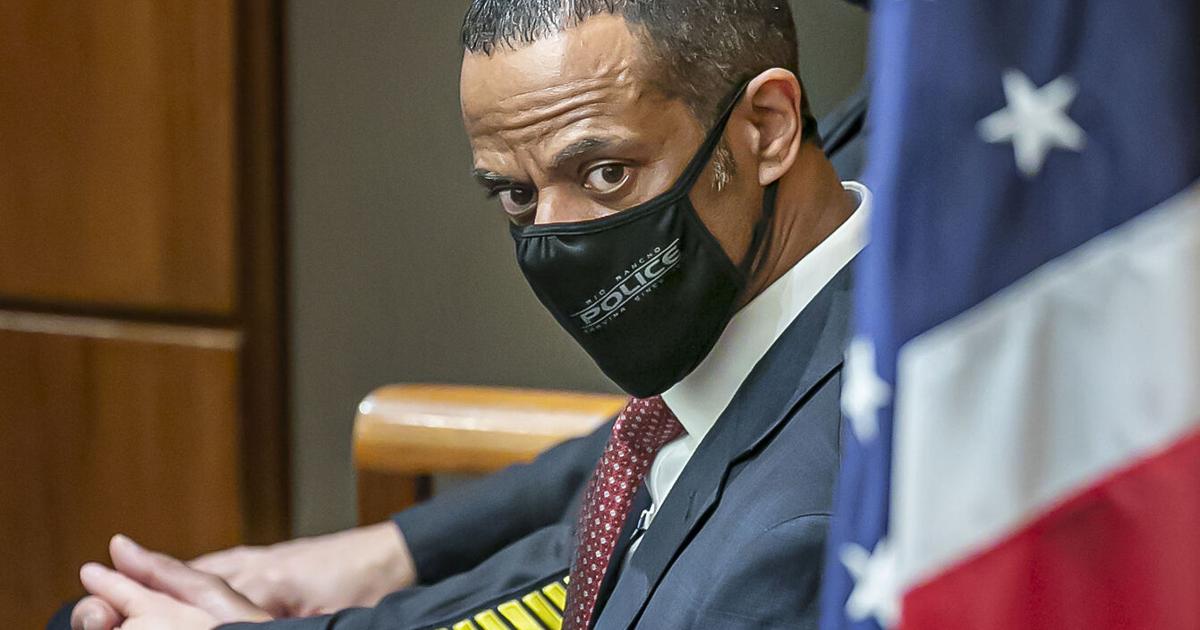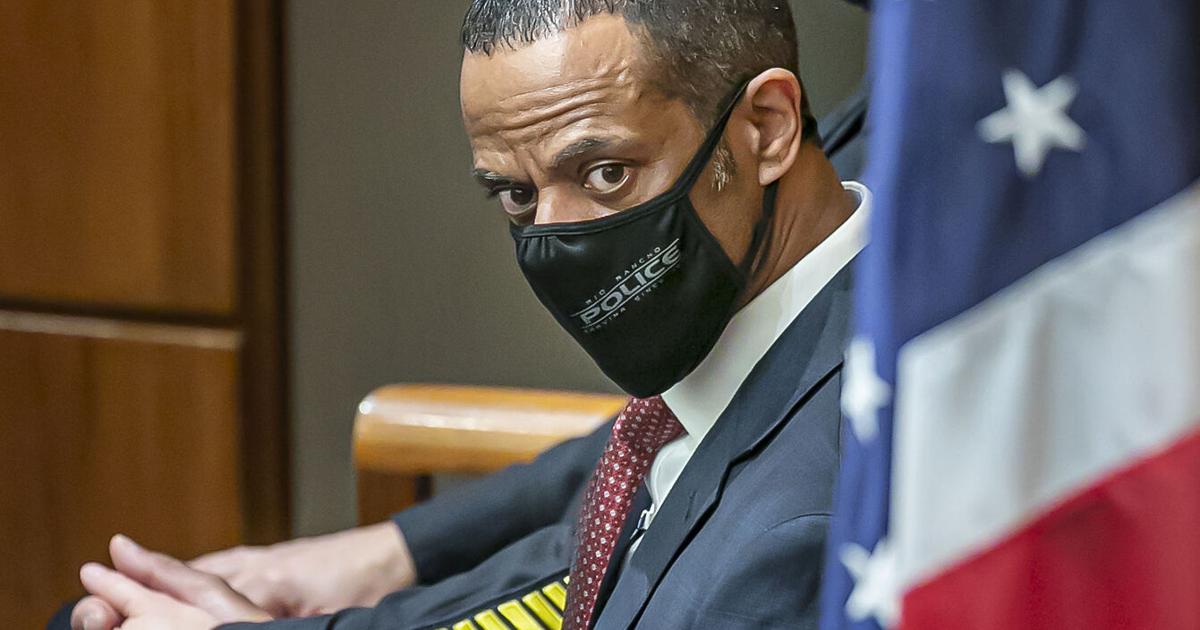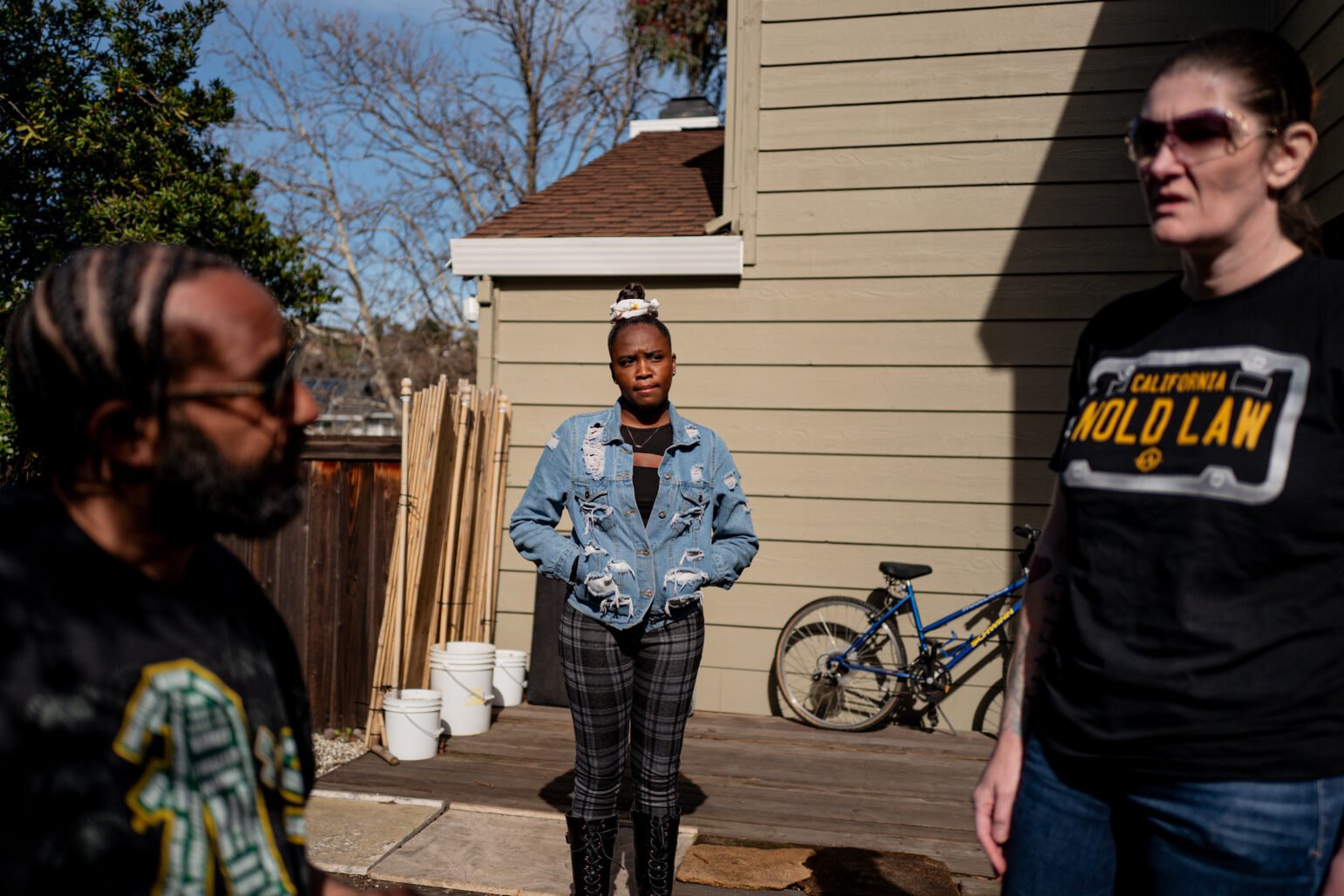
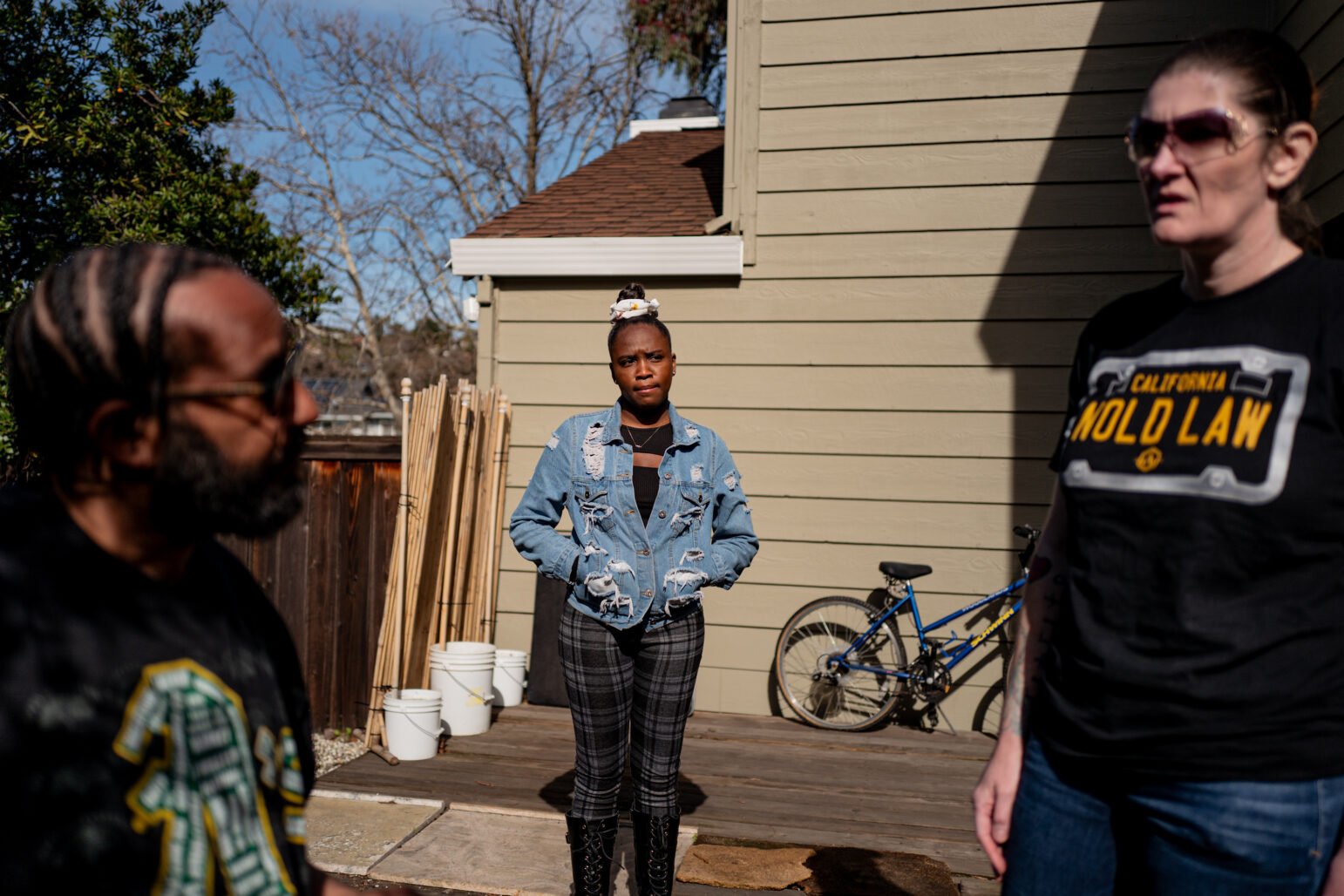

For years, Vallejo police systematically defied court orders to produce police misconduct files, according to sworn statements by an attorney and a former police captain in connection with an ongoing federal civil rights case.
In a declaration filed Wednesday, attorney Melissa Nold wrote that since at least 2015, Vallejo police have used two separate filing systems for maintaining officer personnel records, which the department allegedly used to conceal misconduct complaints against officers that should have been turned over in civil and criminal litigation. She did not respond to a request for comment.
Nold’s allegations are based on recent testimony from former Vallejo Police Capt. John Whitney, who led the agency’s Professional Standard Division from 2015 to 2018.
Whitney testified in a May 13 deposition that the Vallejo Police Department maintained separate cabinets for full internal affairs investigations and citizen complaints that resulted in an “informal resolution.” While city officials turned over cases that went through the full internal affairs process, they failed to disclose the “informal” records to courts and litigants, according to Whitney.
The department used the dual filing system to usurp the power of the courts, Whitney testified.
“A judge is supposed to make those decisions, not police officers,” he said.
The alleged practice, which stretched from at least 2015 to Whitney’s termination in 2019, occurred with the knowledge of former Vallejo Police Chief Andrew Bidou, according to Whitney’s testimony.
Whitney sued the city in 2022, alleging that he was fired for revealing that Vallejo police officers were bending the tips of their badges to commemorate killing in the line of duty and other misconduct. He settled his lawsuit against the city for $900,000 in 2023.
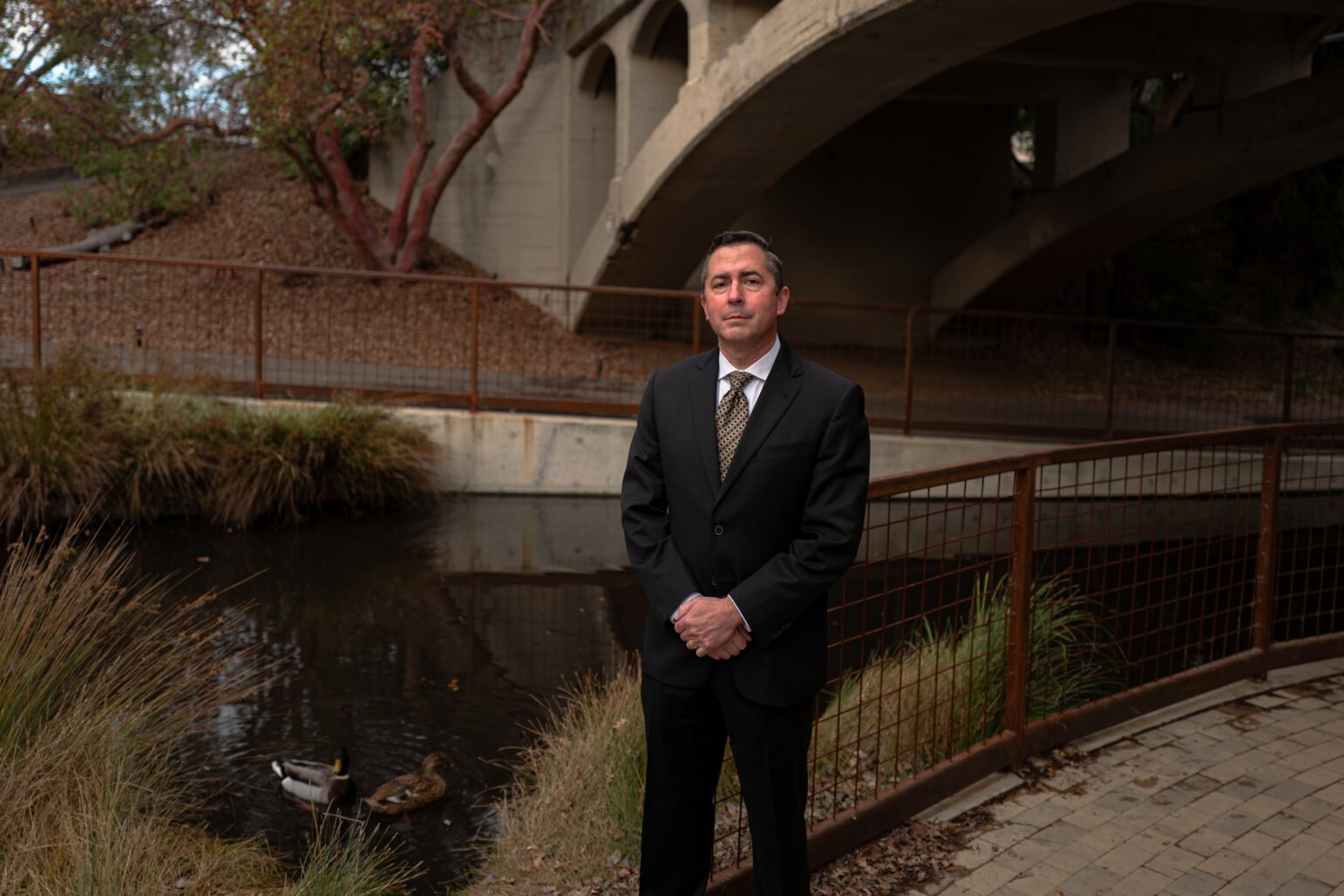

The allegedly hidden documents were typically citizen complaints in cases where the reporting party did not follow up, according to Whitney. Such complaints were often assigned to officers other than internal affairs investigators. Whitney testified that these officers would frequently neglect to reach out to complainants, conduct cursory interviews of accused officers, and reach an “informal resolution” that would be filed in the separate filing cabinet.
In addition, officers would often sit on complaints for more than a year, by which time the statute of limitations on discipline would run, according to Whitney.
Whitney testified that after he learned of the separate filing system in 2015, he brought his concerns to Bidou, who told him to leave the issue alone.
“It was a whole separate section of internal affairs investigations that I knew absolutely nothing about,” Whitney testified. “I could tell that we certainly weren’t doing things correctly and the way industry requires them to be done.”
Reached for comment Wednesday, Whitney confirmed that he had testified about irregularities in Vallejo’s internal affairs processes.
“I expressed my concerns regarding the management of internal affairs files and the existence of a separate filing system,” Whitney told Open Vallejo. “It is essential that all relevant files are presented to the judge for examination.”
Bidou, who now works at PG&E, did not respond to a request for comment communicated through a company spokesperson. Spokespeople for the Vallejo Police Department and the city of Vallejo did not respond to a request for comment.
While California peace officer personnel records are typically confidential, state law allows criminal defendants to request officer misconduct records relevant to their defense. A judge then decides whether to allow a defendant to introduce the records as evidence. In addition, such records can be relevant in state and federal civil rights cases, as when a plaintiff seeks to show that an agency has engaged in a “pattern or practice” of unconstitutional behavior.
Whitney’s deposition sheds new light on Vallejo’s internal handling of misconduct allegations, offering a rare insider’s account.
The deposition is a part of an ongoing civil rights lawsuit against the city filed by Deyana Jenkins, who was dragged out of her car and tased by Vallejo officers Colin Eaton and Jordon Patzer after she failed to produce her driver’s license during a 2019 traffic stop. Jenkins is the niece of Willie McCoya Vallejo man who was shot and killed by Eaton, Patzer, and four other Vallejo officers earlier that year, after he fell asleep in his car with a gun allegedly in his lap.
Nold, who represents Jenkins, has litigated civil rights pattern and practice cases against the city of Vallejo since 2015, according to her declaration. By 2022 she had compiled a list of 35 alleged victims of police violence or misconduct, she wrote. Nold further declared that the city previously failed to disclose more than 150 incidents, “including items related to the named Defendants” in previous lawsuits. She asserted that the city produced records of those alleged incidents for the first time in the Jenkins case.
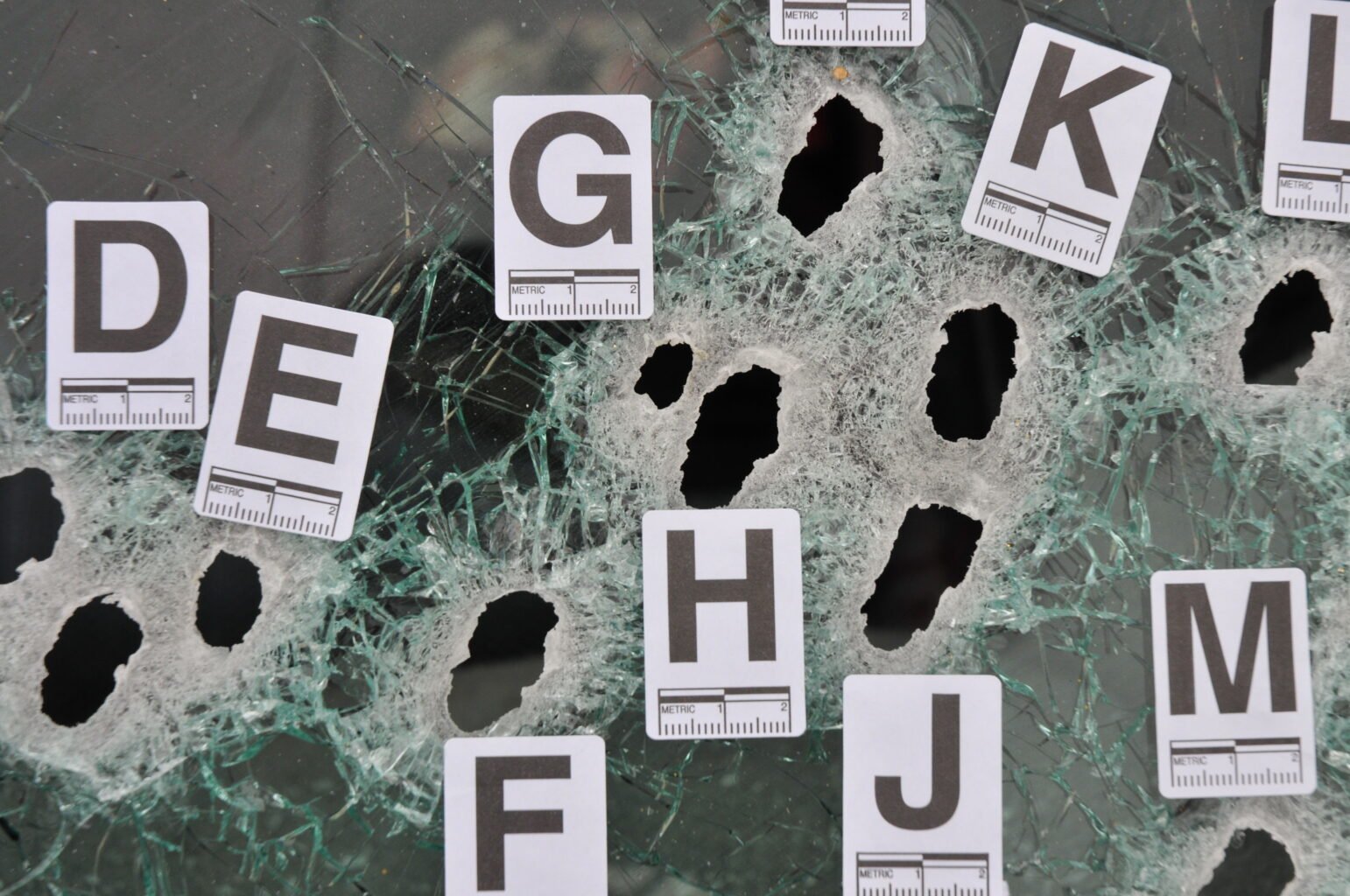

For years, Vallejo has fought to shield police records from public scrutiny.
In September 2021, Open Vallejo filed a public records lawsuit against the city for failing to disclose police records, which resulted in the release of thousands of pages of documents and hours of audiovisual records documenting uses of force by officers.
The disclosed records included details of four in-custody deaths that officials had labeled accidents. All four victims were Tased; three were subjected to additional uses of force.
Vallejo continues to withhold records in the 2016 death of Darryl Mefferdwho died after being held handcuffed and prone for more than 10 minutes; his last words were, “I can’t breathe.” Although local officials ruled Mefferd’s death an accident, multiple forensic pathology experts told Open Vallejo they would have likely ruled his death a homicide.
In some cases, Vallejo has gone beyond merely withholding records. In May 2023, a Solano County judge ruled that Vallejo illegally destroyed evidence in multiple police shootings. All of the shootings involved at least one officer involved in the city’s badge-bending scandal. The city has declined to release a third-party investigation into the records’ destruction. Open Vallejo asked the judge in the case, Stephen Gizzito refer the matter for criminal prosecution; he declined to do so, citing insufficient evidence of intent.
In a notice filed in the Jenkins case on May 22, Nold alleged that the police department’s dual filing system constitutes “an elaborate, well documented scheme.”
“It is clear the city of Vallejo is unable and unwilling to investigate and remedy this ongoing criminal and constitutional crisis, which survived Department of Justice intervention,” Nold wrote. “Nevertheless, we are obligated to report these ongoing crimes, in hopes that someone will finally intervene for the citizens of Vallejo.”


